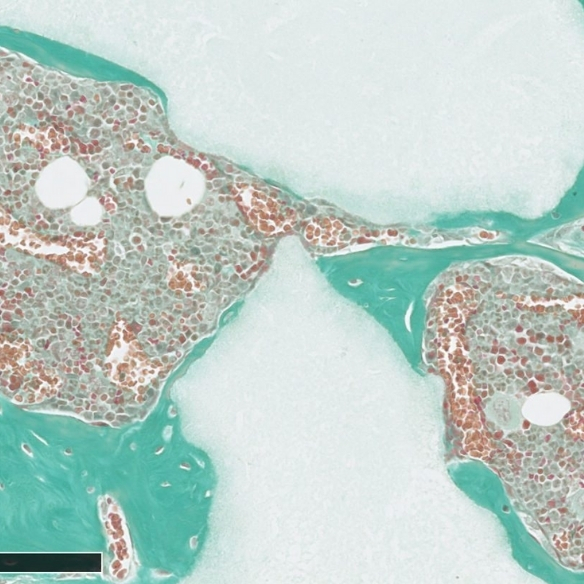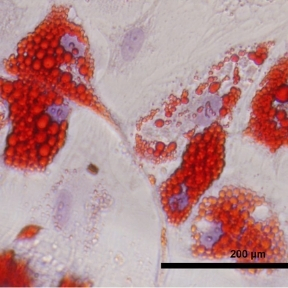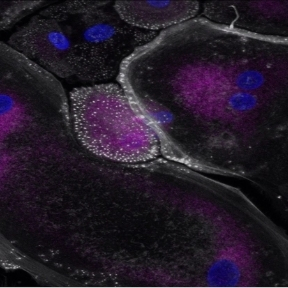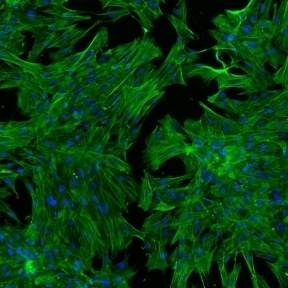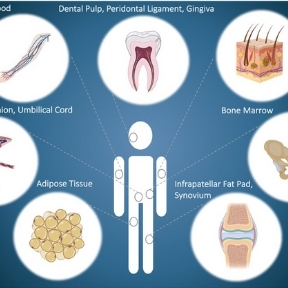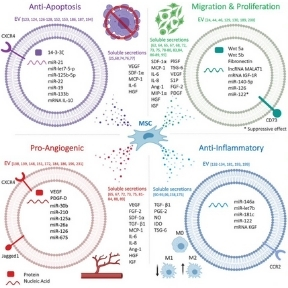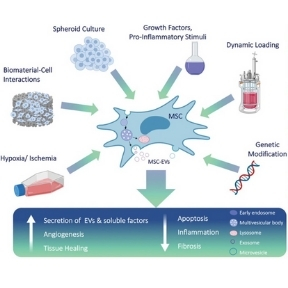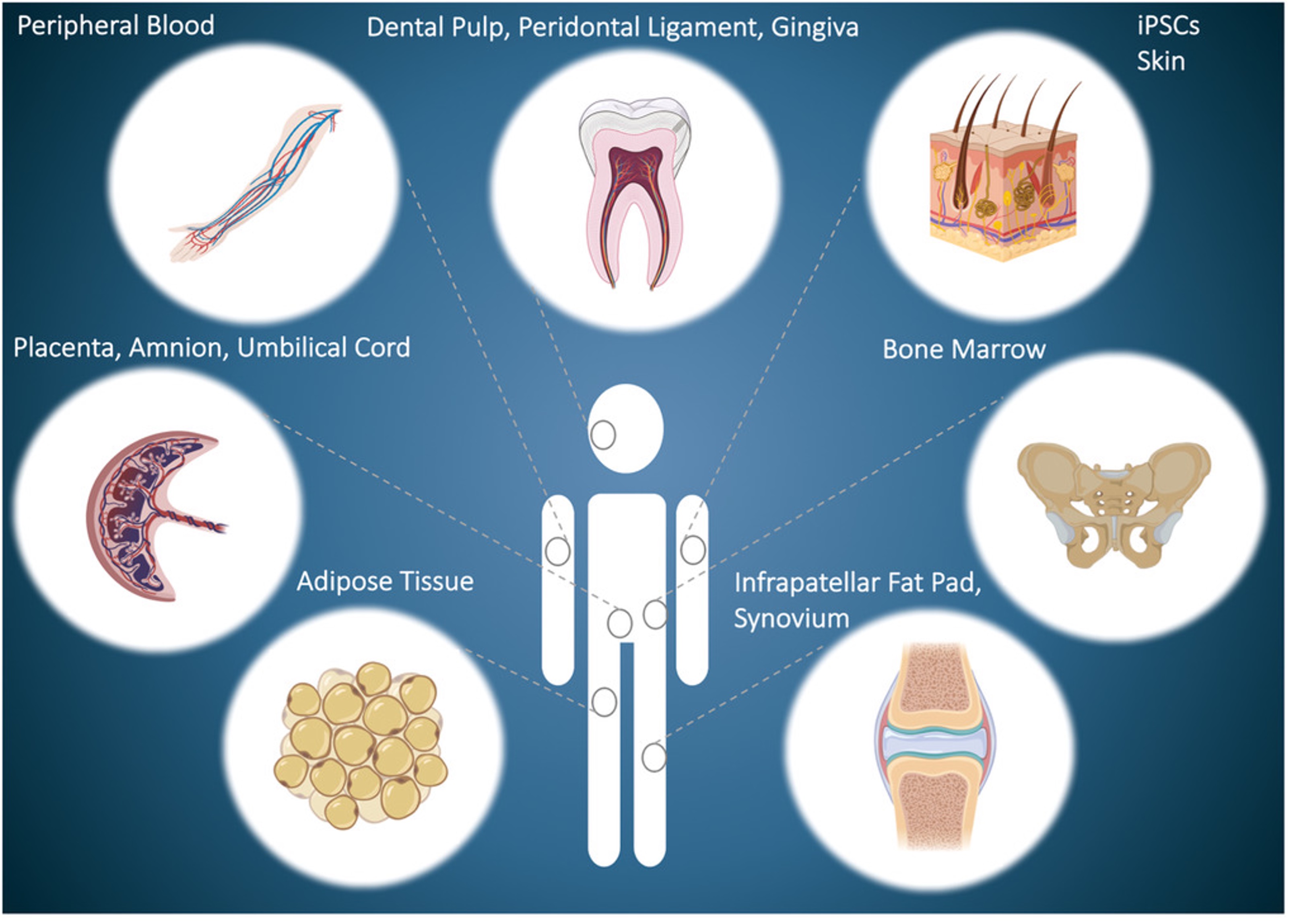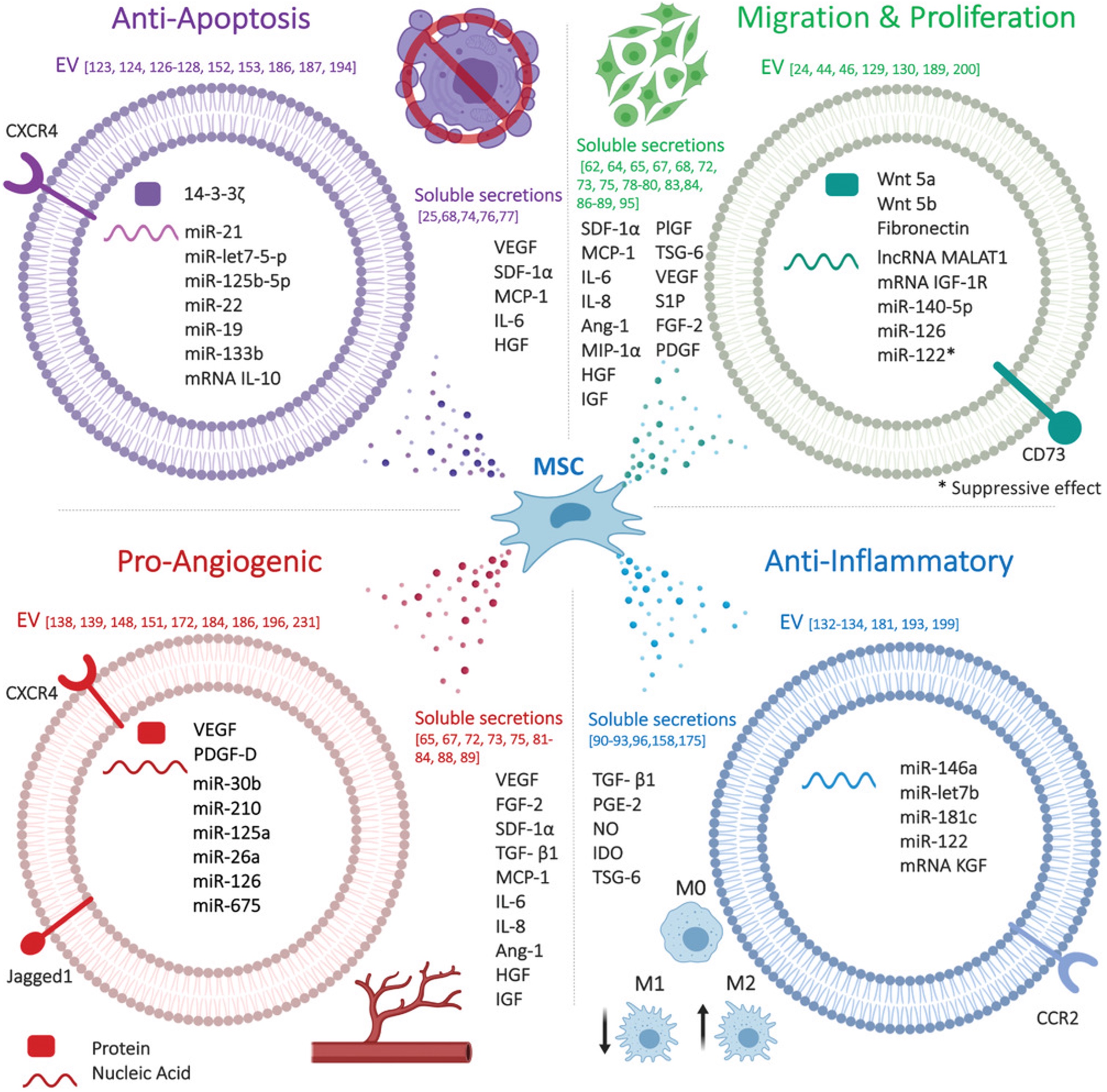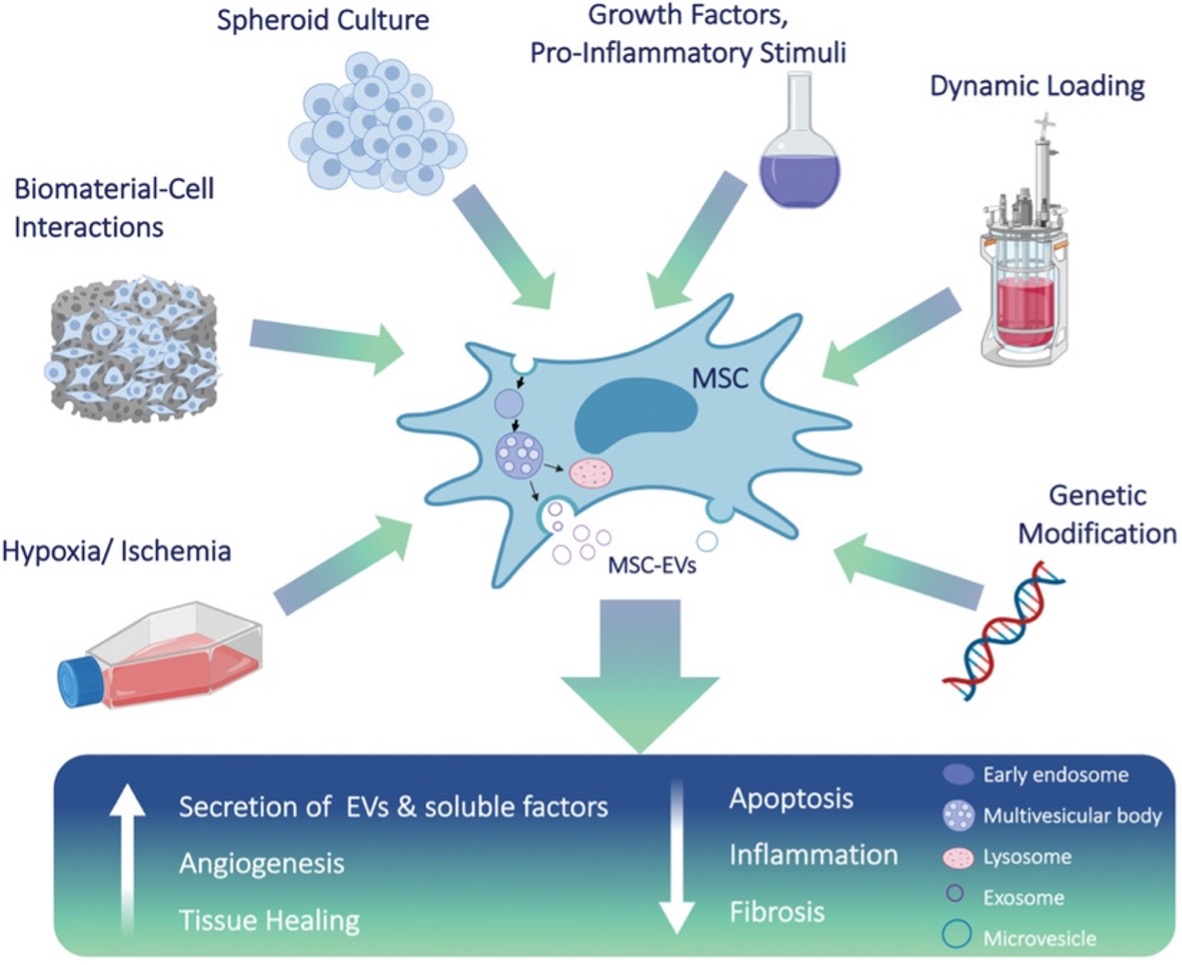-
Courses

Courses
Choosing a course is one of the most important decisions you'll ever make! View our courses and see what our students and lecturers have to say about the courses you are interested in at the links below.
-
University Life

University Life
Each year more than 4,000 choose University of Galway as their University of choice. Find out what life at University of Galway is all about here.
-
About University of Galway

About University of Galway
Since 1845, University of Galway has been sharing the highest quality teaching and research with Ireland and the world. Find out what makes our University so special – from our distinguished history to the latest news and campus developments.
-
Colleges & Schools

Colleges & Schools
University of Galway has earned international recognition as a research-led university with a commitment to top quality teaching across a range of key areas of expertise.
-
Research & Innovation

Research & Innovation
University of Galway’s vibrant research community take on some of the most pressing challenges of our times.
-
Business & Industry

Guiding Breakthrough Research at University of Galway
We explore and facilitate commercial opportunities for the research community at University of Galway, as well as facilitating industry partnership.
-
Alumni & Friends

Alumni & Friends
There are 128,000 University of Galway alumni worldwide. Stay connected to your alumni community! Join our social networks and update your details online.
-
Community Engagement

Community Engagement
At University of Galway, we believe that the best learning takes place when you apply what you learn in a real world context. That's why many of our courses include work placements or community projects.
Brennan Group
The Brennan Lab for regenerative engineering strives to understand the mechanisms underpinning the therapeutic potential of mesenchymal stem/stromal cells (MSCs) in order to develop treatment strategies to heal damaged tissues and organs in the body. Our research is primarily focused on the themes outlined in more detail below, this research is currently funded through a European Research Council Starting Grant (ERC StG) and a Science Foundation Ireland Starting Investigator Grant (SFI SIRG). Please see below for details of ongoing research, published works can be accessed here.
MSCs for bone tissue repair
MSCs can be derived from various tissues in the body as depicted in Figure 1 and can be expanded in specialized cell manufacturing facilities for patient treatment. They have shown tremendous promise in regenerative medicine, however their clinical translation has been hampered by undefined mechanisms of action, poor survival after transplantation, and variability in patient response. One objective of our laboratory is to understand the mechanisms of MSC-mediated bone repair, with a particular focus on communication between MSCs and immune cells of both innate and adaptive systems such as macrophages, dendritic cells, B and T lymphocytes. We are particularly interested in exploring techniques of enhancing MSC survival after transplantation by the development of tailored biomaterial delivery platforms and co-delivery of biomolecules. Finally, our work focuses on investigating biomarkers of MSCs that can be measured in vitro that predict their potency in the body in order to optimize stem cell therapy and therapeutic outcomes.
Figure 1: Tissue origins of MSCs for cell therapy.
Extracellular Vesicles for Therapeutic Applications
Extracellular vesicles (EVs) are nanosized packages secreted by cells that act primarily in cell-cell communication by delivery of contents (lipids, proteins, and nucleic acids) from source cell to recipient cells. EVs derived from MSCs have been shown to have therapeutic potential in tissue and organ healing via their anti-apoptotic, anti-inflammatory, and pro-angiogenic effects as highlighted in Figure 2. Our research aims to decipher the mechanisms of action of MSC-EVs in immunomodulation and angiogenesis, with particular emphasis on their actions in bone tissue repair. Our objective is to harness the therapeutic potential of MSC-EVs by developing innovative acellular therapeutics by utilizing biomaterial systems to deliver EVs for regenerative strategies. Further to this, our lab is focused on cell culture microenvironment that modulates the MSC secretome in order to identify chemical and physical cues that produces MSC-EVs with optimal potency as depicted in Figure 3.
Figure 2: Functional MSC-EV cargo and MSC secreted soluble factors potentially mediating tissue repair.
Figure 3: Modulating the MSC secretome.
Please see here for research publications.
Funding
- European Research Council (ERC) Starting Grant
- Science Foundation Ireland (SFI) Starting Investigator Research Grant
- Galway University Foundation (GUF)








